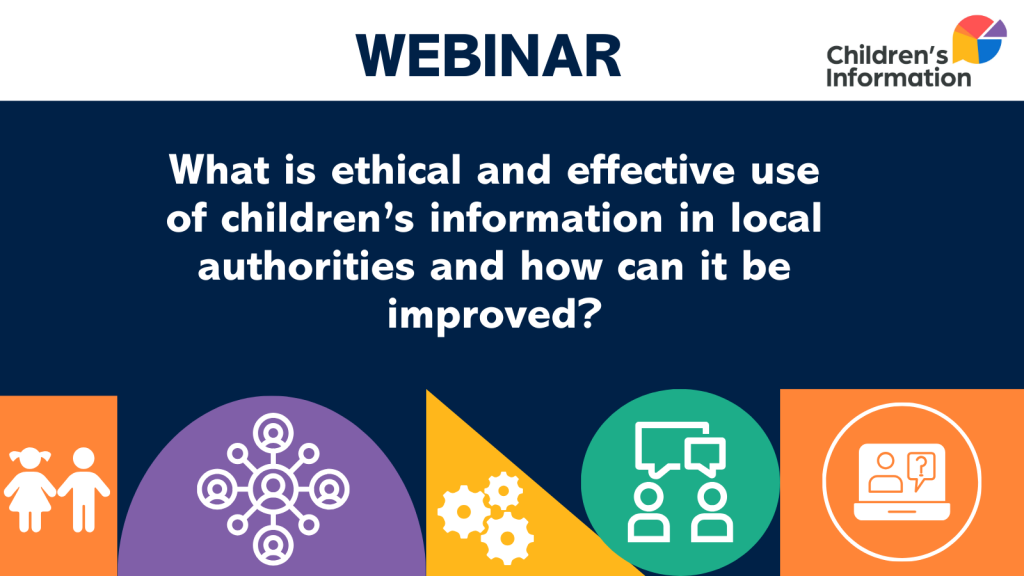A new report from the Rees Centre, “Success – whose definition counts?” calls for a complete rethink of how we measure success for young people leaving care.
Commissioned by Become, the national charity for children in care and young care leavers, the project worked directly with care-experienced young people to challenge the narrow measures through which local authorities and government define outcomes.
Through a four-year, co-designed study, the care-experienced Design Group worked with researchers to develop an alternative framework — and a new “Success Survey” — that captures what care leavers said really matters to them, including stability, relationships, emotional well-being, and everyday achievements often missed by official statistics.
Rees researcher Nikki Luke said: “Being a successful young adult is about so much more than being in work or education and living somewhere that professionals think is ‘suitable’ – so why are these the only outcomes measured nationally for care leavers?
“Young people leaving care face a drop in support and are pushed prematurely into adulthood, and the government’s narrow definition of success doesn’t capture many of their achievements.
“We were privileged to hear from care-experienced young people about what ‘success’ means to them, and to collaborate with our fantastic Design Group to think about how care leaver success might be measured.
“We hope that national and local government will listen to what care-experienced young people had to tell us, and think about more meaningful ways to record and celebrate the personal and evolving successes of care leavers.”
Clare Bracey, Director of Policy, Campaigns and Communication at Become, said: “Care-experienced young people have hopes and ambitions like anyone else, but current systems focus on ticking boxes rather than what a successful life actually means to them.
“Being forced to leave care at 18 means stepping into adulthood with little support to pursue what matters – whether that’s building relationships, following their dreams or simply feeling stable.
“Personal Advisers are crucial to helping young people achieve their own version of success, but they need the time, training and support to build meaningful relationships. We’re urging the Government to prioritise and invest in PAs so every young person can build the life they want.”
Lucinda Fernandes Marvilha, 28, one of the young people involved in the project, said: “This project is important because it shows care-experienced young people as whole people. Just because you’re struggling in one area doesn’t mean you’re struggling in all parts of your life.
“When I was younger, I focused on my education (even though I found maths a real challenge) and I went on to complete my GCSEs, A levels, an undergraduate degree, and a postgraduate qualification.
“After graduating, I moved back in with my foster carers while I figured out my next steps. Now, I’m using my experience of being in care to inform others, and to me, that’s being successful. Being care-experienced has helped me succeed.”
Key findings
Current national data frameworks measure success in terms of the absence of failure such as whether care leavers are not in education, employment or training (NEET), or not homeless. These indicators, the report finds, are limited and disconnected from the realities of care leavers’ lives.
Instead, care leavers in the study defined success as:
- A personal and evolving journey, not a fixed endpoint – “Success isn’t a destination others impose on us. It’s a journey we define for ourselves.”
- Pride in survival and resilience – “You should be proud because you’ve been through hell and back and you’re still standing.”
- Community over isolation – “It shouldn’t be called independence – it should be co-dependence. We need a community.”
- Success in the small things – from “buying your first mop” to “being able to decorate your own home.”
- Authenticity and identity – “Being able to be yourself without being judged, getting to where you need to be, and being proud of yourself.”
- Stability was an important part of success across all areas of life.
The project’s Success Survey introduces a new way to measure progress and identify support needs through conversations between young people and their personal advisers, focusing on what each young person values most right now, from housing and finances to relationships and well-being.
Key recommendations
The report sets out six recommendations to policymakers and practitioners:
- Invest in measures that reflect what matters – Define and measure success in ways that reflect lived realities, not just standard indicators like education or housing.
- Improve consistency in Pathway Plans – Ensure plans help personal advisers (PAs) build meaningful relationships and capture young people’s voices consistently.
- Invest in relationships, not just tools – Support PAs as trusted adults; tools should enhance, not replace, human connection.
- Give young people control over their own story – Care leavers should have ownership over how their data and achievements are recorded.
- Recognise the value of co-design – Involve care-experienced young people from start to finish in designing services and measures.
- Address workforce capacity and culture – Invest in reflective, relational, and rights-based practice for PAs and service leaders.
In their collective foreword, members of the Future of Care Design Group wrote:
“This study shifts the narrative. Professionals sometimes attach labels to us, but these labels don’t reflect everything about us as people. We want professionals to recognise that success is not ‘one size fits all’. Please see us as whole people — in daily interactions, in planning services, and in measuring success.”
“The government should be proud of us and not just use us for statistics all the time. They only care about processes, not our success.”










